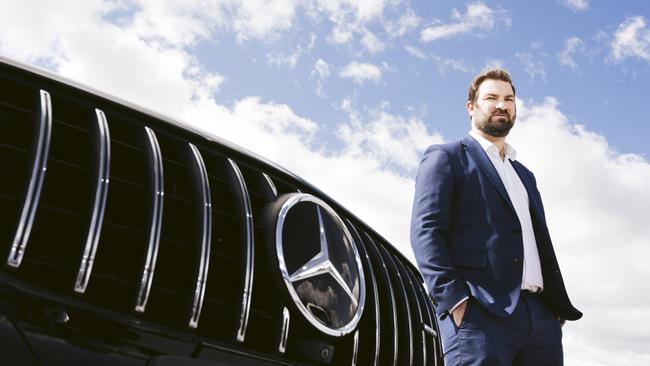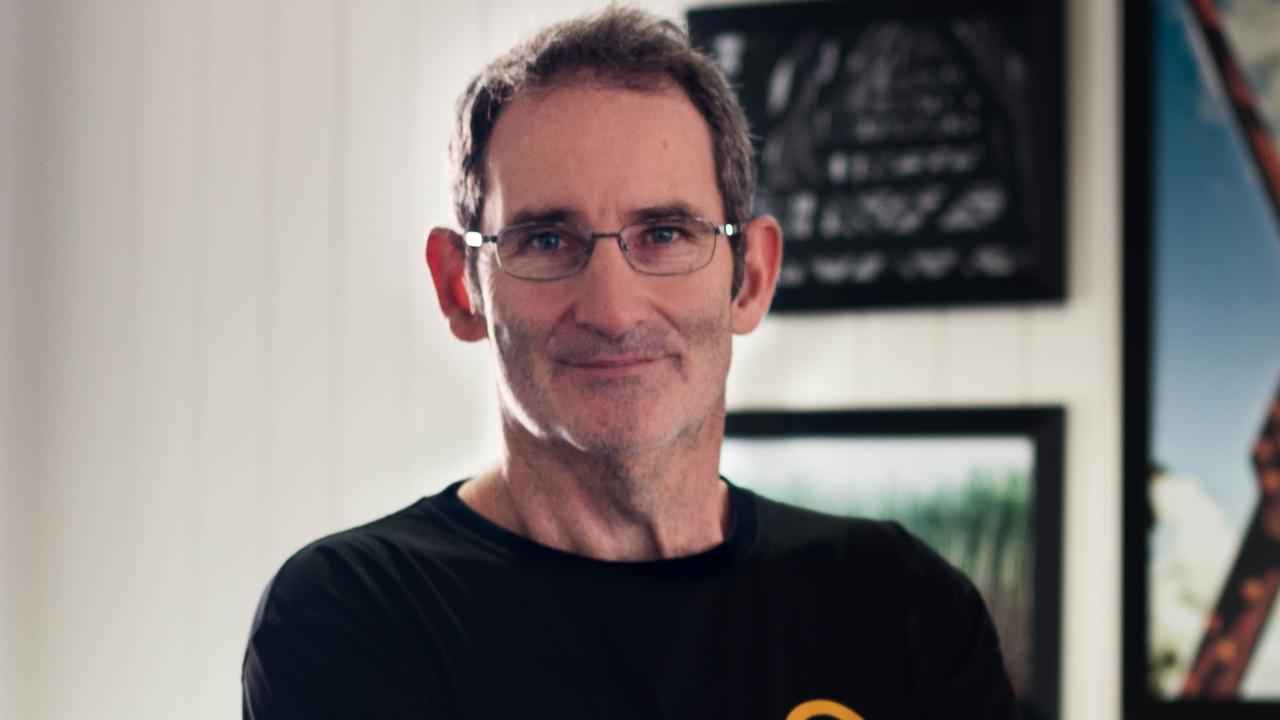August trial date set for $650m Mercedes-Benz dealer case.
Australian Mercedes-Benz dealers have secured an early win in their landmark $650m lawsuit against the German auto giant.

Australian Mercedes-Benz dealers have secured an early win in their landmark $650m lawsuit against the German auto giant’s move to change its business model and sell cars at a fixed price after a Federal Court judge slammed the company for attempting to “avoid the inevitable.”
On Friday Justice Jonathan Beach set down an earlier than expected August trial date for the matter while accusing Mercedes’ legal team of “trying to have their cake and eat it too” when they requested further particulars before further preparing their case.
“I’m not going to be very sympathetic that you then throw up your hands and say as lawyers ‘suddenly we can’t do anything sensible and make judgment calls on these questions’ in relation to a problem … that is initiated by your clients choice to change your overall Australian strategy,” Justice Beach said.
The action was filed by the dealers – who represent 41 of the 53 Mercedes dealerships in Australia – last month in a bid to halt the auto giant’s shift from a franchise model to an agency model without compensation, saying the change “substantially” diminishes the goodwill of their businesses.
It is viewed precedent-setting case that will heavily influence how franchisors can modify their agreements with franchisees going forward.
Under the proposed agency model dealers will no longer purchase cars from Mercedes to resell to consumers – Mercedes will retain ownership of the vehicles, which the dealer sells on to the consumer for a fix priced in exchange for a commission.
The dealer group has argued they were forced into accepting the new arrangement, which will be less profitable for dealers, while Mercedes offered no compensation but a two-year “limited safety net” for lost profits.
The dealers’ barrister Tim Castle SC argued the case for an expedited trial date as the agency model is set to come in to force on January 1.
“For every month that this agency agreement operates, each of our dealers is spending tens of thousands of dollars keeping the lights on and retaining key staff,” he said.
When the case goes to trial each side will present two “exemplar” dealers to help reinforce their arguments.
Justice Beach – who himself owns a Mercedes – pushed back on the auto giant’s attempts to gain further details before picking its exemplars, saying the auto giant should already have sufficient knowledge of the case at hand and the dealers involved.
“You must have made that judgment call on an individual specific basis for each named applicant so you know very well the individual circumstances of each particular person you gave the non-renewal notice to,” Justice Beach said.
“Because if you didn’t and you just did it as some German global strategy then you’re in trouble, presumably you had to take into account the individual circumstances of each of these deals in order to make sure you complied with the franchising code.”
The Australian Automotive Dealer Association, which represents car dealers, welcomed the setting of a trial date and said it would be a precedent-setting case.
“Every franchise owner will be watching this case closely because if the Colossus Mercedes-Benz can appropriate the goodwill of Australian car dealers without compensation, any franchisee could be at risk of the same threat,” AADA CEO James Voortman said on Thursday.

Mercedes argues that the shift to an agency model will “provide greater price transparency, better choice and a larger model availability for all customers” and is the outcome of a three-year long collaborative discussion with its Australian dealers.
In a statement on Friday a Mercedes-Benz Australia spokeswoman said the company was “pleased with today’s outcome.”
“It has always been our position that this matter should be determined by the Court as quickly as possible,” she said.
“We look forward to the launch of the Mercedes-Benz Agency Model, which will better meet the demands of modern Australian consumers.”
Its push to shift to an agency model is another step in a major shake-up of Australia’s car dealing sector which has operated under the traditional franchise model for decades.
It comes after Japanese auto brand Honda made the switch to an agency model last July.
The AADA has argued that car manufacturers have a right to change their business model but only if their dealer partners are adequately compensated for any financial impacts.
But they have also argued that the fixed-price agency model leads to higher prices and lower sales, as customers are unable to negotiate with the dealer to secure a better price for a car.
New consumer research by the AADA seen by The Australian shows that 94 per cent of surveyed potential car buyers value the ability to negotiate a price when buying a new vehicle.
However, the respondents were far less unified when asked their opinion on a fixed-price agency model.
33 per cent of consumers found the model appealing, 31 per cent found it unappealing and 36 per cent were neutral.
Meanwhile, more than half believed that a fixed price model would make cars more expensive.
The AADA has argued that the price of Hondas were bumped up after it switched to an agency model, leading to a prolonged decline in sales.
In October a total of 14,560 Hondas were sold – a 39.1 per cent year on year decline – making Honda the only top 20 car brand to see their sales slip last month.
Honda last month launched a spirited defence of its new sales model saying no vehicle has seen a price increase of more than $300 while judging its effectiveness from a scant few months of sales declines was “premature.”


